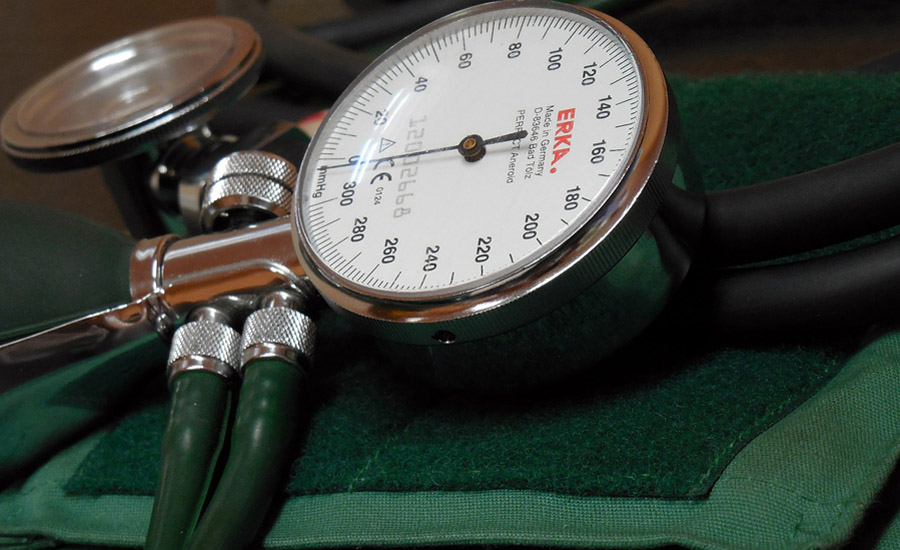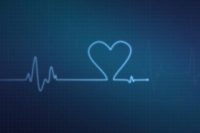Take a free test that could possibly save your life
The American Heart Association wants you to check your blood pressure

An estimated 86 million adults in the U.S. have high blood pressure, but because it’s a symptomless disease, many people are unaware they have it – and so do don’t take steps to manage it.
“Few severe health conditions are ignored as much as high blood pressure. It’s like having too much pressure in a pipe. It damages the pipe, but you often don’t see a problem until the pipe bursts or becomes clogged,” said Willie Lawrence, M.D., an interventional cardiologist for Midwest Heart & Vascular Specialists in Kansas City and an American Heart Association (AHA) volunteer.
According to the AHA, high blood pressure is almost always preventable with simple steps, yet it kills more people worldwide than any other health condition.
As part of #CheckIt, the organization wants people to check their own blood pressure by May 17, World Hypertension Day, which is part of National High Blood Pressure Education Month. The goal: getting 25 million blood pressure checks done globally (5 million in the U.S.) and having participants are encouraged to log their action and learn about high blood pressure.
Community groups, clinics and workplaces can hold blood pressure checks for large groups through programs like the AHA’s Check. Change. Control.® initiative. Participants in this free, science-based program have seen blood pressure drop, and one-third improved their level of blood pressure control.
Such programs can be particularly important for those known to face higher risks. Nearly half of all African-Americans have high blood pressure, dramatically increasing their chance of stroke. And blacks, along with Hispanic-Americans, are less likely to have their blood pressure under control, according to recent research.
According to the AHA’s most recent statistics, one in three American adults already has high blood pressure, which can cause heart attack, stroke, heart failure, kidney disease and even vision loss. It also takes a toll on the brain. Research shows that 45- to 64-year-olds with high blood pressure face an almost 40 percent greater chance of dementia compared to those with normal blood pressure.
But getting a grip on high blood pressure could reduce deaths from heart disease and stroke by 30 percent in men and 38 percent in women.
Healthcare providers may prescribe medication in addition to lifestyle changes — like limiting salt and alcohol, getting regular physical activity and maintaining a healthy weight.
“It may take a few tries to find the right medicine, or combination of medicines, to fit your needs,” Lawrence said. “It’s important that you keep an open dialogue with your provider, and use tools like connected devices, mobile apps or web-based tracking programs to help gather the data you need about your condition and share it with your doctor.”
Additional Resources:
- For more information visit heart.org/hbp.
- AHA YouTube Video: High Blood Pressure - Take Control
Looking for a reprint of this article?
From high-res PDFs to custom plaques, order your copy today!




